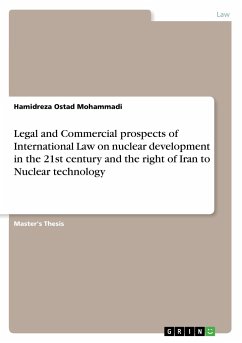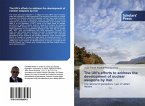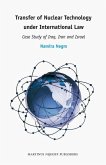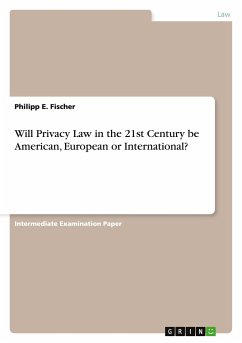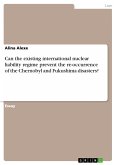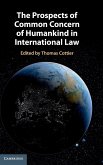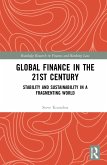Master's Thesis from the year 2007 in the subject Law - European and International Law, Intellectual Properties, grade: Masters' (LLM), , course: LLM International Commercial Law, language: English, abstract: The 21st Century is considered to be the age of nuclear energy and development, and the right to nuclear power is one of the most controversial topics in the World at the moment. Dual use of this technology has caused complexity and confusion amongst the nations. The nuclear law came to existence after the access of some states to the full aspects of this technology. Obviously the latter rules have stopped the rest of the world gaining access to the dual usage of nuclear while the previous nuclear states insist in keeping a right to maintain their superior technology.This paper will argue this issue from the legal, commercial and human rights perspective in more depth and wishes to seek any possible resolutions or recommendations to solve this international dispute amongst the nations.One of the other contributions of this thesis is to assess the inadequacy of some of the NPT articles and the main role of the IAEA to encourage the members to use the technology for peaceful purposes and the prohibition of its diversion into military ones. These flaws include the failure of the suppliers to supply adequate support to some of the non-nuclear states, mostly in developing countries, the lack of a proper timetable to eliminate nuclear weapons and the states selective interpretation of the NPT for nuclear trade and developments.

